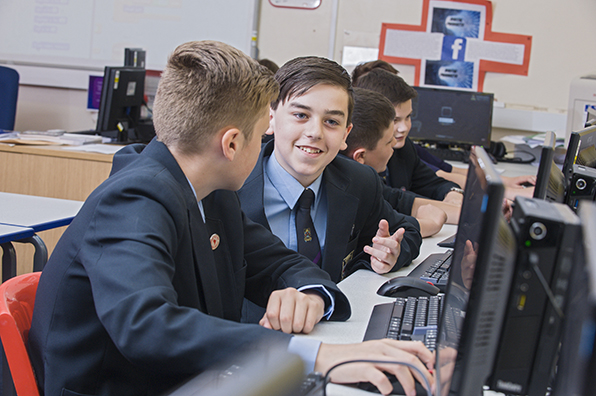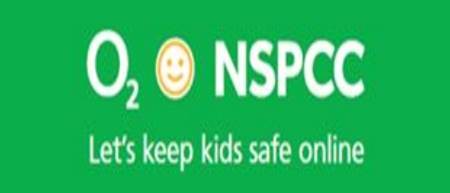
Staying Safe Online
1) Don’t post any personal information online – like your address, email address or mobile number.
2) Think carefully before posting pictures or videos of yourself. Once you’ve put a picture of yourself online most people can see it and may be able to download it, it’s not just yours anymore.
3) Keep your privacy settings as high as possible
4) Never give out your passwords
5) Don’t befriend people you don’t know
6) Don’t meet up with people you’ve met online. Speak to your parent or carer about people suggesting you do
7) Remember that not everyone online is who they say they are
8) Think carefully about what you say before you post something online
9) Respect other people’s views, even if you don’t agree with someone else’s views doesn’t mean you need to be rude
10) If you see something online that makes you feel uncomfortable, unsafe or worried: leave the website, turn off your computer if you want to and tell a trusted adult immediately.
Top 10 tips for mobile phone safety
1) Remember if you are being bullied it isn’t your fault and there is nothing so awful that you can’t speak to someone about it. Talk to a trusted adult at home or at school.
2) Don’t reply to any nasty messages you receive.
3) Don’t reply to a text from someone you don’t know.
4) Keep the messages you have been sent so you can show them to a trusted adult and make a note of the time and date of the messages or calls you receive.
5) Don’t answer calls from withheld numbers or numbers you don’t recognise, let it go to voicemail.
6) Block numbers from people who are sending you nasty messages.
7) If you are bullied repeatedly can change your number.
8) Don’t give your mobile number to someone you don’t know.
9) Don’t send pictures to someone you don’t know.
10) If the problem is serious you can report it to the police, cyber mentors, or childline.
10 top tips if you're being bullied online
1) Tell an adult you trust if you are being cyberbullied
2) Don’t respond or retaliate to bullying messages – it could make things worse
3) Block users who send you nasty messages
4) Save abusive emails or messages (or texts) you receive
5) Make a note of dates and times you receive bullying messages, as well as details you have of the user’s ID and the url.
6) Don’t pass on any cyberbullying videos or messages – this is cyberbullying
7) If you are bullied repeatedly change your user ID, or profile, and use a name that doesn’t give any information away about you
8) Visit bullying.co.uk – this is a website where trained counsellors can support you if you are being bullied, either by chatting online or by calling their free helpline. You can also find some top tips on how to stay safe – http://www.bullying.co.uk/
9) You can talk to someone at Child Line or get online safety advice at https://www.childline.org.uk/
10) http://www.thinkuknow.co.uk/ is another very useful website for children and young people staying safe online
NSPCC:
The internet is amazing. Children can play, learn, create and connect - opening up a whole world of exciting possibilities. But with the digital world changing all the time, how can you make sure your child’s staying safe?
That’s where we come in. Whether you’re an online expert or you’re not sure where to start, our tools and advice will help you keep your child safe.
Online Safety Guidance: https://www.nspcc.org.uk/preventing-abuse/keeping-children-safe/online-safety/

If you have any issues or concerns with any aspect of online safety at Parklands or at home please use the ‘Report a concern’ tab and we will assist you
.png)
.png)